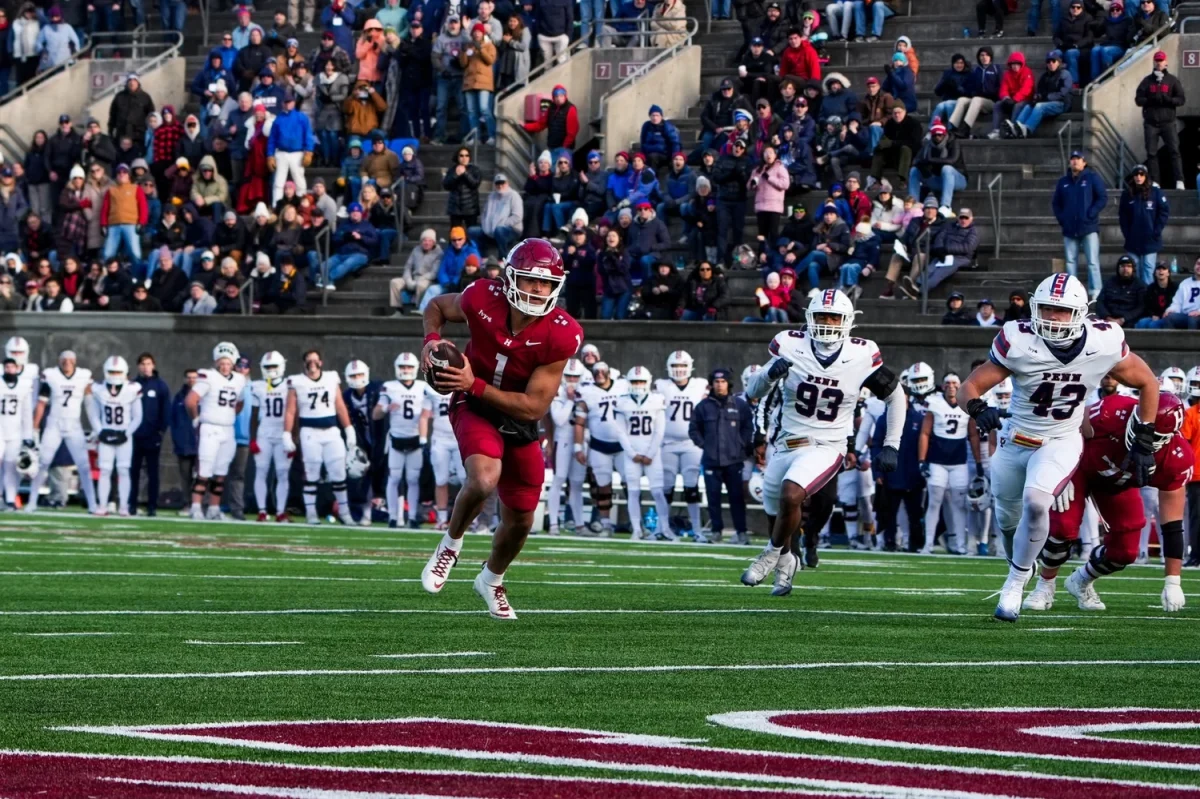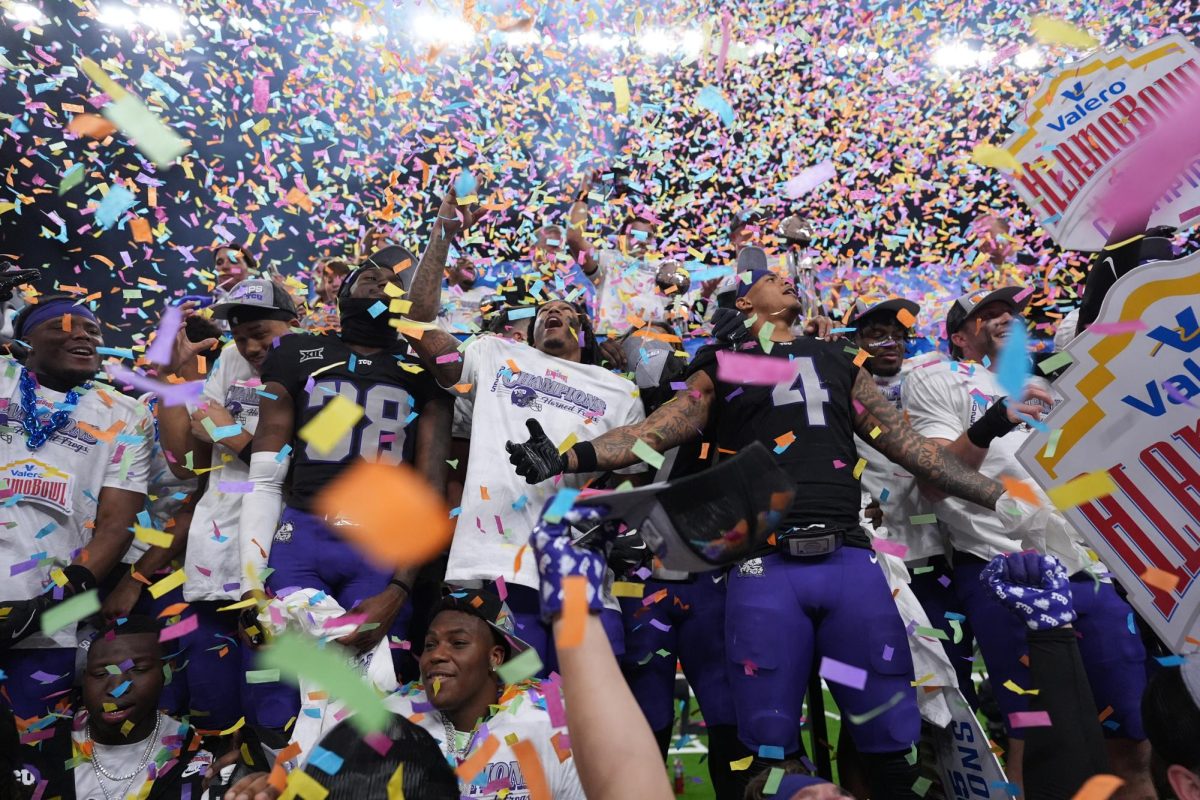Bowl payouts can seem like big money, but TCU and other bowl-bound universities only receive a portion of the revenue.
Last season, every university in the Mountain West Conference shared in TCU’s Rose Bowl payout, associate athletics director for internal relations Jack Hesselbrock said.
In addition to its share of the payout, TCU was paid for playing in the bowl. TCU also received a percentage of the revenue from other Mountain West bowling schools, he said.
The bowl deducts the price of TCU’s allotted tickets from the payout. TCU kept the proceeds from ticket sales, he said. The Rose Bowl’s allotment was 17,000 and TCU decided to request more.
The Poinsettia Bowl allotted TCU 3,000 tickets. TCU requested more to meet demand, director of athletics media relations Mark Cohen stated in an email.
Under the terms of the bowl contract, if TCU did not sell its allotted amount, the university is responsible the difference, Hesselbrock said.
The university also pays for the complimentary tickets it provides to key groups. TCU athletics gives each football player up to six tickets for family members and the TCU band’s seats are also gratis, he said. Patterson usually allows all players, whether they played on the
field or not, to attend the bowl game, he said.
TCU also pays for meals and travel expenses to the bowl destination. TCU receives a discount for hotel rooms, but still pays for a certain amount of rooms for the Showgirls, cheerleaders, the band and football players at a corporate sponsored hotel, he said.
“We always try to stay within a certain budget regardless of the bowl,” he said.
TCU ended up with about 25 percent of the Rose Bowl share, Hesselbrock said.
If TCU’s share for the Rose Bowl was $17 million, TCU only saw $4.25 million of it. The Poinsettia Bowl’s shared payout is $1 million. If spilt evenly, TCU’s share would be $500,000 and 25 percent of that is $125,000.



